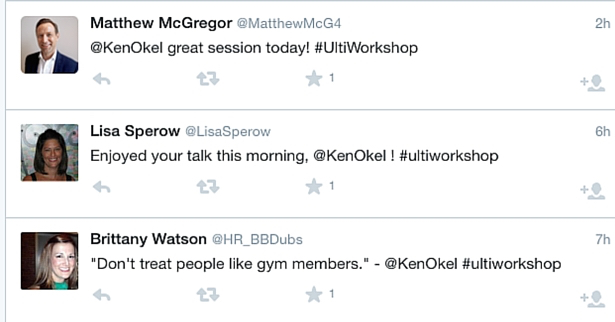 Does your day at work feel like a game of pinball? Maybe you bounce from one task to the next, without any control over the outcome.
Does your day at work feel like a game of pinball? Maybe you bounce from one task to the next, without any control over the outcome.
When I was a child, I would sometimes play pinball at an arcade. I was fascinated by the buttons, levers, and switches that could control how long a game could last.
I have to admit I didn’t know much about the game and wasn’t very good at it. I mostly relied on random pushing of buttons to hopefully ensure a high score.
From my perspective, everything was happening incredibly fast and I was probably over-stimulated by the action. It was still fun but I knew that my game was missing something.
For an experienced player, the game would slow down and strategy would emerge. No buttons were pressed unless there was a reason.
As a result, an experienced player could control the game to a much greater extent. There was still an element of chance that could result in poor outcomes but they happened less frequently.
Are you bouncing around like that pinball during your workday? You’re likely busy the whole time but when you end the day, you realize you didn’t accomplish much.
Consider this process to help raise your productivity game:
Prioritize to Prevent Pinball
At the start of the day, think about the most important thing you need to do. Have a plan for how you’ll accomplish it.
Don’t schedule it for the end of the day, as that’s a good way to ensure it never happens.
Delegate Tasks
Do you perform time consuming tasks that other people can assume? If your expertise does not make a difference, then delegate the work, even if you enjoy it.
These are often duties that someone did in one position and kept doing after a promotion. Unless there’s a reason why someone else can’t do the tasks, you should give them up. This frees up time for you to focus on your major priorities.
Evaluate Your Game
Interruptions or emergency assignments will always happen. When they do, figure out how you can get back on track with your important duties.
Another suggestion would have you evaluate your weekly progress. Try this on Friday afternoon, when most organizations are cycling down for the week.
Take a few minutes to review how well you performed during the week and what limited your success. Use this insight to help you plan the following week.
If you do this every week, by the end of the year, you will have given yourself more than 50 course corrections. This kind of analysis can prove very valuable, give you a progress report, and return a sense of control to your job. Don’t be the randomly moving ball at work.
Want more productivity tips? Check out my weekly productivity video series:






